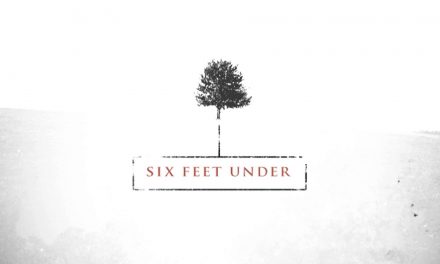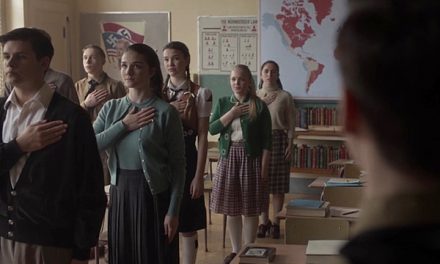In the last two decades, digital media infrastructures have spread worldwide, including the global South. Despite inequalities of access, low-cost mobile devices and cheaper broadband have connected large subaltern populations to media infrastructures. The effects are increasingly planetary, initiating a series of debates in media scholarship and cultural theory. Mediatisation has emerged as a material field that drives circulation, sharing, and modification, generating intense rhythms of political engagement and action. We are interested in this junction, the combinations of sensory media infrastructures with political metamorphoses.
These shifts channel in novel ways the “structure of feeling” theorized in the last century by Raymond Williams. Digital media infrastructures have been productive of affective body politics, where haptic engagement, the intuitive technicity of devices, and psychic collective are routinely entangled. Everyday experiences of governance, the rapid flow of news through devices, algorithmic prediction, the triggers of war, trauma and phatic online connections are all part of this landscape of 21st century media. At the same time, artists, activists and filmmakers involved in social movements across the world have been eclectic in their practices, scrambling divisions between 20th and 21st century media through mashup and mixing techniques.
The emergence of digital media in the 21st century was hailed as opening new avenues of participation, immersion and resistance. Recent diagnostic critiques have focused on the ‘feed forward’ nature of 21st century digital media, the “shift from a past-directed recording platform to a data-driven anticipation of the future” (Hansen), the routinisation of spectacle in everyday life and the destruction of sleep (Crary), the expansion of surveillance and control with platforms (Zuboff). The contagious nature of social media generates cycles of imitation: shaping social movements, populist collectives, mis/disinformation, info-wars, and political stardom. Digital media animates bodies, connects technical and natural environments, posing pressing questions for techno-social milieus worldwide. Global media platforms produce remarkable interventions: troll farms from Russia periodically intervene in overseas debates, South Asian internet users have been active in online flame wars and misinformation on Israel/Gaza. We see a blurring of older divisions between diasporic, international, and domestic publicity; mis/disinformation pipelines are increasingly dynamic.
In this workshop we are interested in site-specific contributions mapping 21st century media, addressing material and environmental questions for media and political aesthetics. While we are open to diagnostic and media-theory contributions, we will give weightage to abstracts that bring in original research. In particular, we welcome contributions from the Global South.
Themes
- The forensic turn in media scholarship: case studies.
- Structures of Feeling: feed-forward, addictive media, and new time-spaces of media events.
- Inhabiting Mis/disinformation: Beyond True and False.
- Persistence of 20thcentury media? Cinema, video, sound and the contemporary.
- Circulation techniques: Pipelines, Info-war and comparative studies of 21st Century propaganda and publicity.
- 21st century celebrity culture: influencers, microcelebrities and the political.
- Affective Bodies: audiences, publics and collectives in an emergent digital universe of political aesthetics.
- 21st Century television: media events, political spectacle, liveness.
- Law and 21st-century media: platforms, content moderation and takedown notices
GUIDELINES AND ADDITIONAL INFORMATION
Please submit a 500-word abstract by 10 December 2023, along with a paragraph-length bio to digitalnetworksworkshop@gmail.com. In your abstract please mention at least one of the themes mentioned above. Practice-based contributions which address the conceptual lens of the workshop are also welcome. Selected speakers will be required to share a draft paper with discussants before the workshop.
Accommodation and meals for the duration of the workshop will be covered by ICAS-MP. Selected speakers from India will also be eligible for travel support to Delhi. Overseas speakers are encouraged to cover travel expenses from their home institutions. We may be able to part-support a small number of need-based travel grants for selected speakers based in the Global South.
This workshop is organised by the Indo-German research collaboration ICAS:MP and its thematic module Media and the Constitution of the Political (TM7). The workshop will take place at the Sarai media programme of CSDS, in Delhi from 21-23 March 2024. An advanced research centre, the CSDS is a network partner of ICAS-MP and Sarai a part of TM7.
More details: https://sarai.net/events/call-for-papers-twenty-first-century-media-affective-bodies-crowds-and-collectives/





